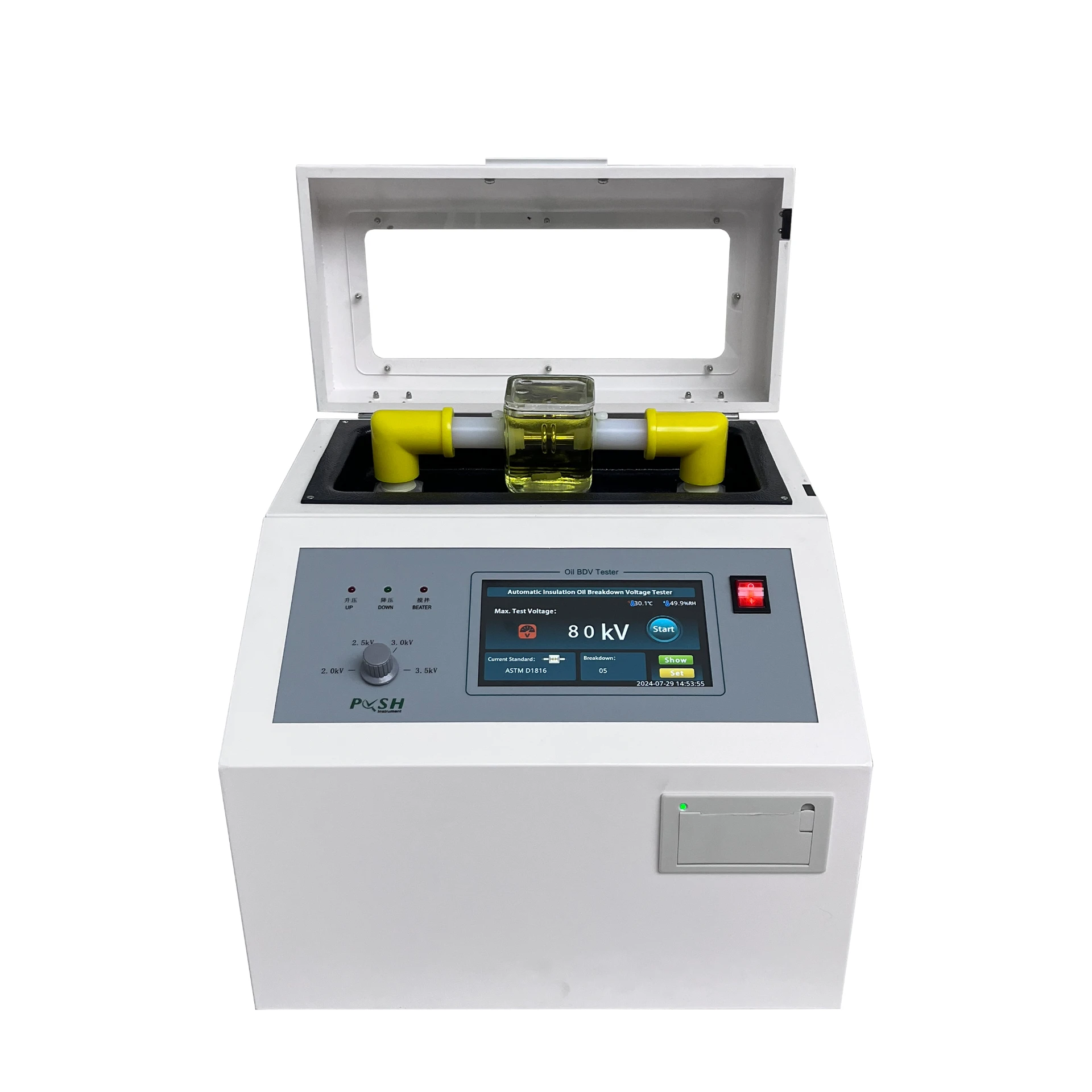 English
English


karl fischer lab equipment
Understanding Karl Fischer Lab Equipment A Key Tool for Moisture Analysis
Moisture content is a crucial factor in many industries, including pharmaceuticals, food production, and chemical manufacturing. To accurately determine moisture levels in various substances, Karl Fischer titration has become the gold standard. Named after the German chemist Karl Fischer, this method was developed in the early 20th century and has since evolved into a sophisticated analytical technique. This article explores the essential components of Karl Fischer lab equipment, its working principles, and its applications.
Components of Karl Fischer Lab Equipment
The main components of Karl Fischer titration apparatus include
1. Titrator This is the primary instrument used for Karl Fischer titration. It automates the titration process, controlling the delivery of the titrant, measuring the potential, and providing a digital readout of moisture content. Modern titrators come equipped with user-friendly interfaces and data management capabilities that facilitate precise measurements.
2. Reagents The Karl Fischer method relies on two primary reagents iodine and sulfur dioxide, mixed with a solvent (often pyridine or methanol). The reagents react with the water present in the sample, allowing quantification of moisture content. In some cases, additional components, such as base solutions, may be included to assist in the reaction.
3. Sample Cell This is typically a glass vessel where the sample is placed for analysis. The design of the sample cell is critical, as it must ensure that the moisture measurement is accurate despite external conditions. Some advanced sample cells feature thermostatic controls to maintain optimal temperatures during titration.
4. Electrode The measuring electrode is an integral part of the titration process. It detects changes in the electrical potential of the solution as the titration progresses. A reference electrode is also used to provide stable voltage readings for improved accuracy.
5. Stirring Mechanism To ensure thorough mixing of the sample and reagents, a magnetic stirring mechanism is often employed. This ensures that the chemical reaction occurs uniformly, leading to reliable results.
How Karl Fischer Titration Works
karl fischer lab equipment

The fundamental principle behind Karl Fischer titration involves the determination of water content through electrochemical reactions. When a sample containing moisture is introduced to the titration cell, the water reacts with the iodine in the reagent, facilitating the oxidation-reduction reaction that releases electrons. This process generates a measurable current that is directly proportional to the amount of water in the sample.
During the titration, the operator or the automated system adds the titrant gradually until the endpoint is reached. The endpoint is defined as the point at which the electrochemical balance is achieved, indicating that all the water has reacted. The total volume of titrant used is then used to calculate the precise moisture content of the sample.
Applications of Karl Fischer Lab Equipment
The versatility of Karl Fischer titration makes it popular across various industries
- Pharmaceuticals Accurate moisture control is critical in drug formulation and storage. Karl Fischer titration helps in ensuring product stability and compliance with regulatory standards.
- Food Industry Moisture affects quality, shelf life, and safety in food products. Farmers, processors, and manufacturers use this technique to monitor moisture levels, helping to maintain quality and prevent spoilage.
- Chemical Manufacturing Many chemicals require strict moisture content specifications to ensure proper reactions and product qualities. Regular moisture analysis using Karl Fischer titration helps maintain high standards in production processes.
- Petrochemicals In the petrochemical industry, monitoring moisture content in fuels and lubricants is essential, as water can cause corrosion and affect performance.
Conclusion
Karl Fischer lab equipment stands as a vital tool in moisture analysis, providing reliable and precise measurements crucial for quality control in various sectors. As industries continue to seek improvements in product quality and compliance with regulations, the role of Karl Fischer titration will only become more significant. Understanding its components and methodologies is essential for professionals engaged in research and quality assurance in their respective fields.
-
Differences between open cup flash point tester and closed cup flash point testerNewsOct.31,2024
-
The Reliable Load Tap ChangerNewsOct.23,2024
-
The Essential Guide to Hipot TestersNewsOct.23,2024
-
The Digital Insulation TesterNewsOct.23,2024
-
The Best Earth Loop Impedance Tester for SaleNewsOct.23,2024
-
Tan Delta Tester--The Essential Tool for Electrical Insulation TestingNewsOct.23,2024





